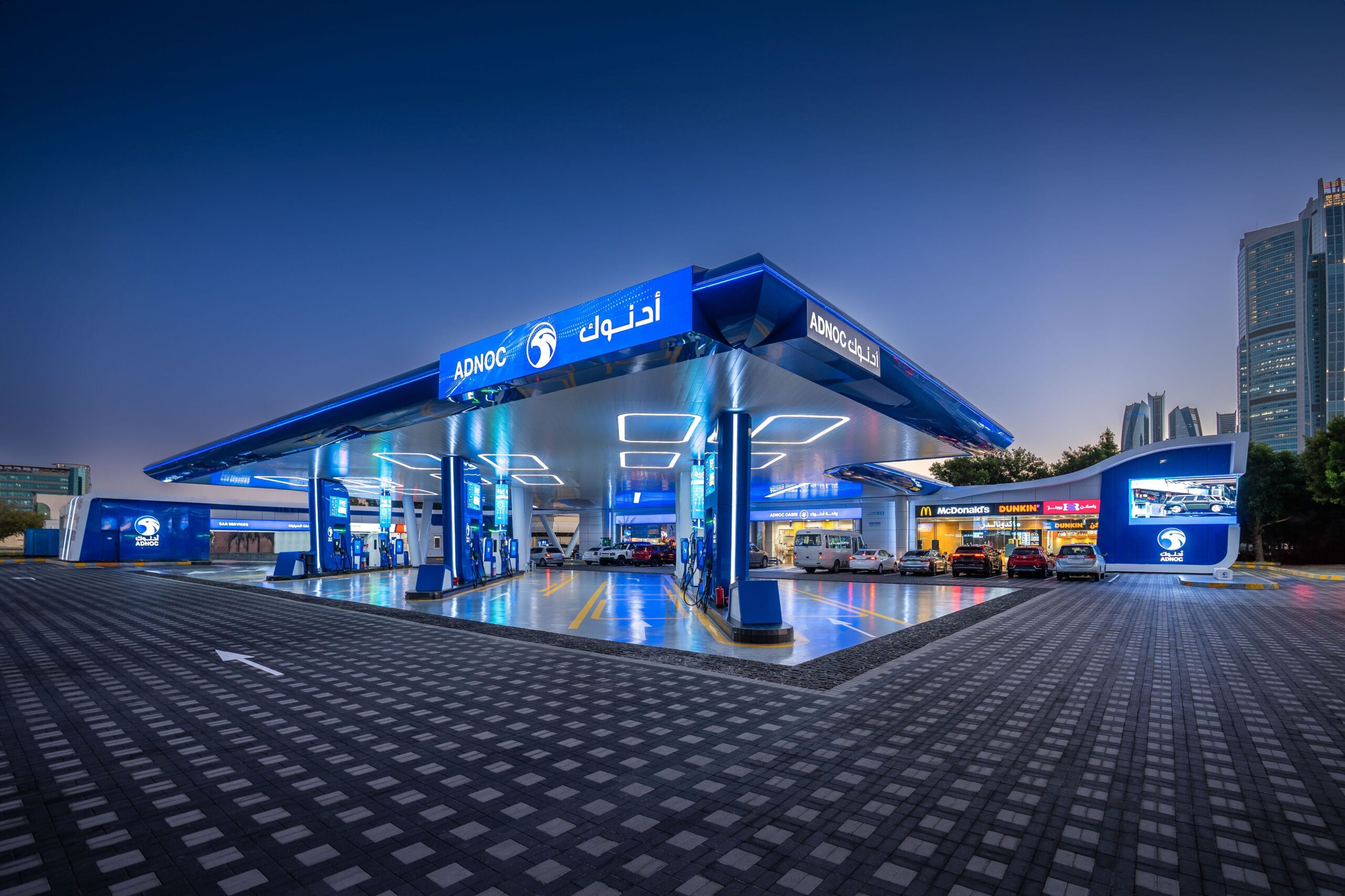Adnoc Distribution has reported earnings before interest, taxes, depreciation, and amortisation (EBITDA) exceeding US$1 billion for the second consecutive year, underlining the company’s solid financial performance and ongoing commitment to delivering value to shareholders. The firm is targeting a return on investment above six percent.
Bader Saeed Al Lamki, CEO of Adnoc Distribution, told the Emirates News Agency (WAM) that the company’s strong financial footing allows it to consider new investments beyond its current markets, in pursuit of long-term shareholder value.
Since its listing on the Abu Dhabi Securities Exchange in 2019, Adnoc Distribution has steadily expanded from its home base in the UAE to key regional markets, including Saudi Arabia and Egypt, reports WAM. Currently, the company operates 900 service stations and is aiming to grow that number to 1,000 by 2028.
Al Lamki also highlighted the company’s strategic focus on non-fuel services, such as Adnoc Oasis convenience stores, car wash services, and vehicle inspection centres. Recent developments include the launch of inspection facilities inside shopping malls, aligned with the UAE’s Year of the Community initiative to improve customer access and convenience.
In support of the UAE’s clean mobility goals, Adnoc Distribution operates around 200 electric vehicle (EV) charging points across the country and has set a target of installing 500 high-power EV chargers by 2028. These chargers are among the fastest in the market, capable of charging a vehicle from 20 to 80 percent rapidly.
The company is also investing in digital innovation to enhance customer experience, with services like home delivery available through the Adnoc app in collaboration with local platform Noon.
Currently active in three key markets—UAE, Saudi Arabia, and Egypt—Adnoc Distribution is positioned in regions with growing populations, developed infrastructure, and increasing energy demands. The company operates 100 stations in Saudi Arabia and 244 in Egypt, where it has also begun manufacturing lubricants as part of its broader regional growth strategy.





